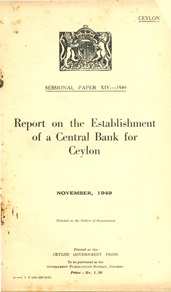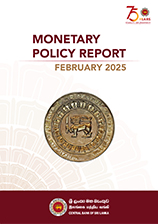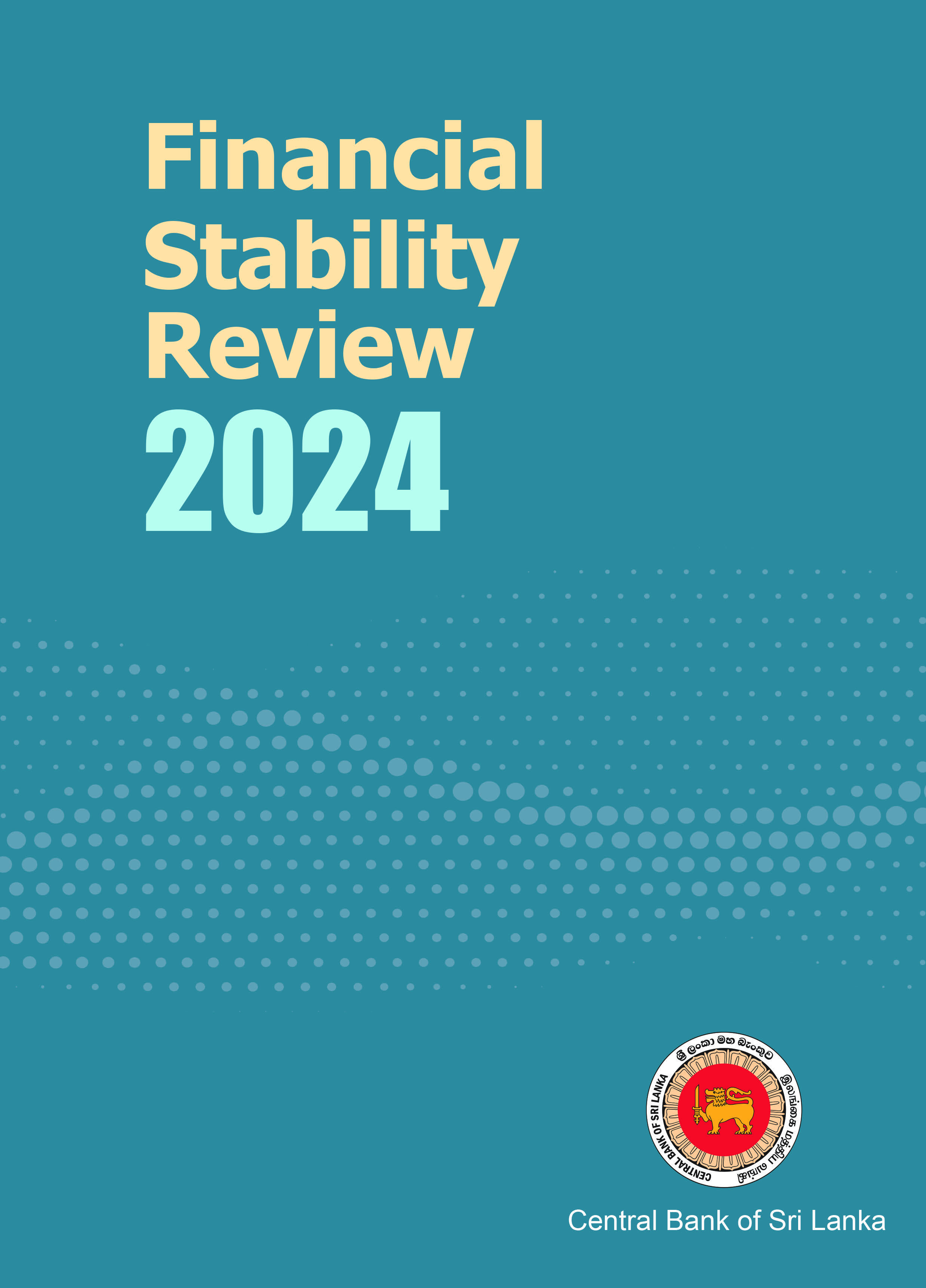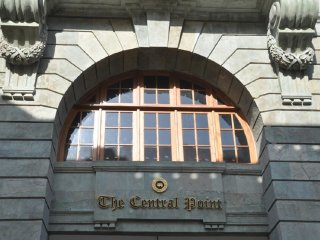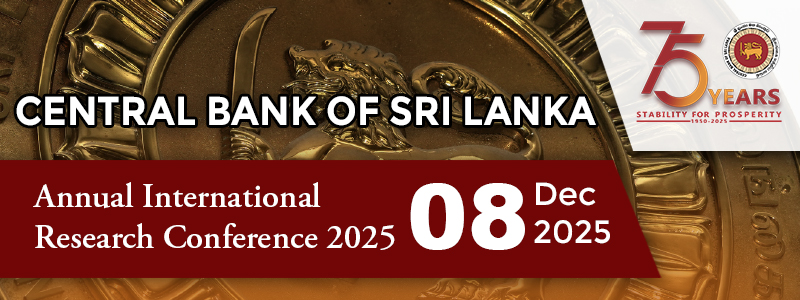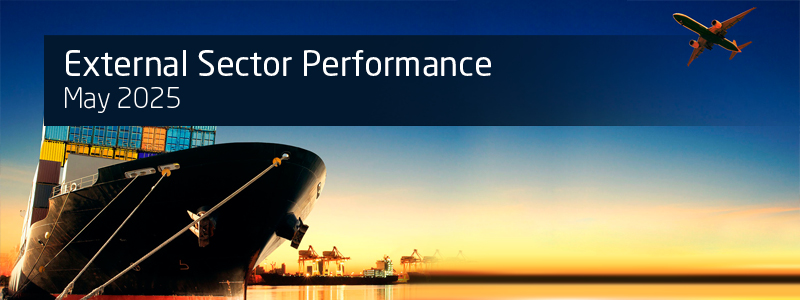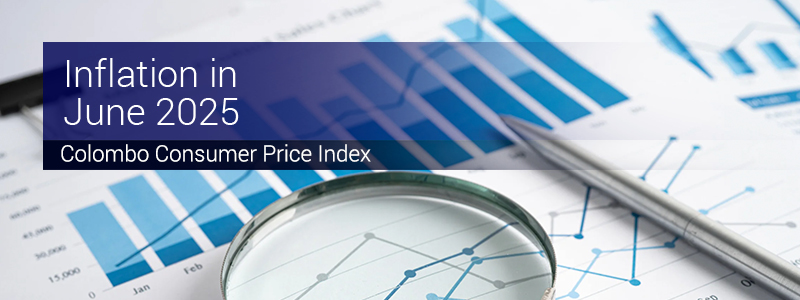The Central Bank of Sri Lanka hosted the 24th SAARCFINANCE Coordinators’ Meeting at the Central Bank premises, Colombo, on 1st September 2016. The 24th SAARCFINANCE Coordinators’ Meeting was attended by SAARCFINANCE Coordinators and Focal Points from the Central Banks and Ministries of Finance in the SAARC region.
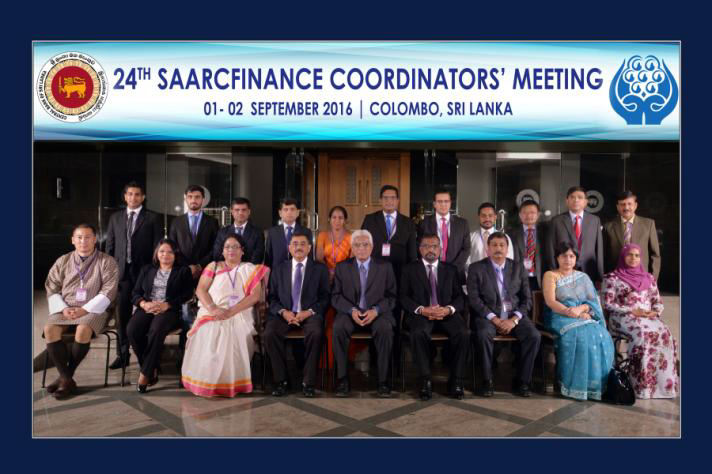 The broad objective of SAARCFINANCE is to promote cooperation among Central Banks and Ministries of Finance in SAARC Member States to forge closer cooperation on macroeconomic policies of Member States and to share experiences and expertise within the region.
The broad objective of SAARCFINANCE is to promote cooperation among Central Banks and Ministries of Finance in SAARC Member States to forge closer cooperation on macroeconomic policies of Member States and to share experiences and expertise within the region.







